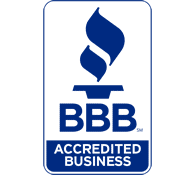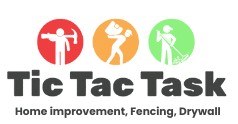Farm Fencing Services Davidson & Williamson County, TN
Secure Your Land With Strong Fences In Davidson & Williamson County, TN
Need a stalwart perimeter for your farm? We deliver agricultural fencing, protecting your livestock and property. Reach out for a consultation.
Our Reviews!
Solid Fences For Your Property
Local Fence Pros
We understand regional needs, using durable materials built for local conditions.
Quality Material Use
We use galvanized steel and treated lumber, built for lasting performance.
Quick Project Completion
We aim to finish projects quickly, minimizing disruption to your daily routine.
Transparent Quotes
Upfront pricing, so you know exactly what to expect without hidden fees.
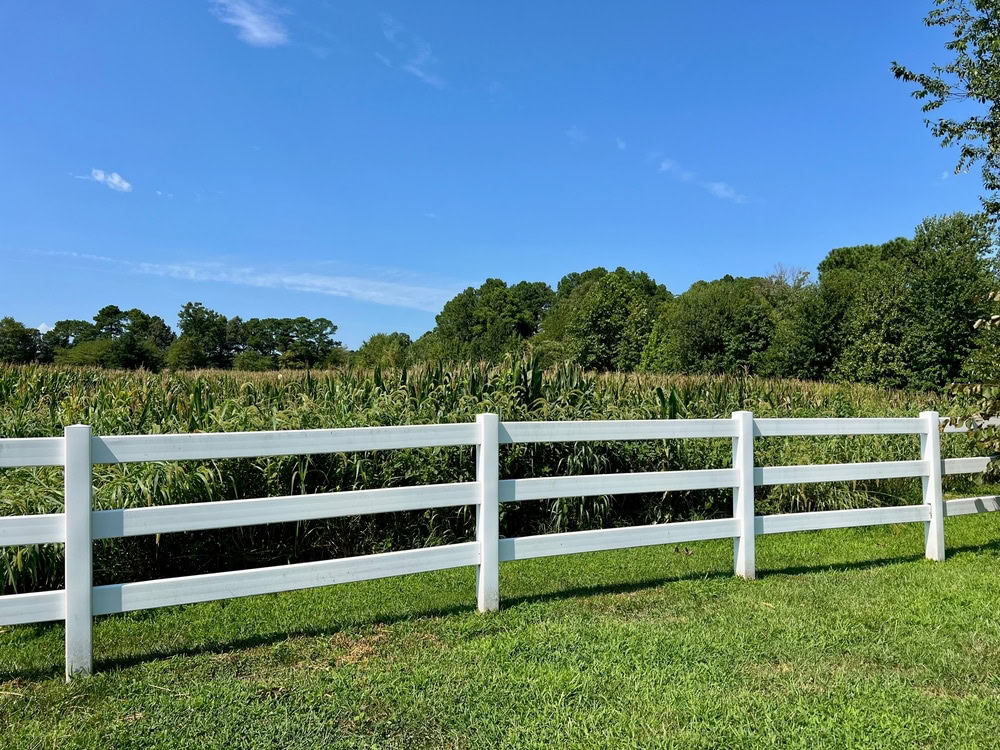
Agricultural Fence Options Davidson County, TN
Protecting Your Farm With Sturdy Fencing
Farm fencing is a bulwark for your livestock and assets. We furnish diverse fencing options, from traditional field fencing to specialized ranch fencing, to fulfill any agricultural requirement. We prioritize resilient materials and sound installation practices, vital for farms of all sizes. If for cattle ranches or small hobby farms, proper fencing prevents livestock from straying and deters wildlife.
Ranch Fencing Advantages Williamson County, TN
Reap The Benefits Of Sturdy Farm Fences
Invest in fencing that offers security and adds value to your property.
Keeps livestock safe from predators and road hazards.
Defines property lines, mitigating disputes with neighbors.
Prevents crop damage from wandering animals.
Supports rotational grazing, fostering pasture health.
Adds a layer of security to your property.
Increases property value by adding a functional feature.
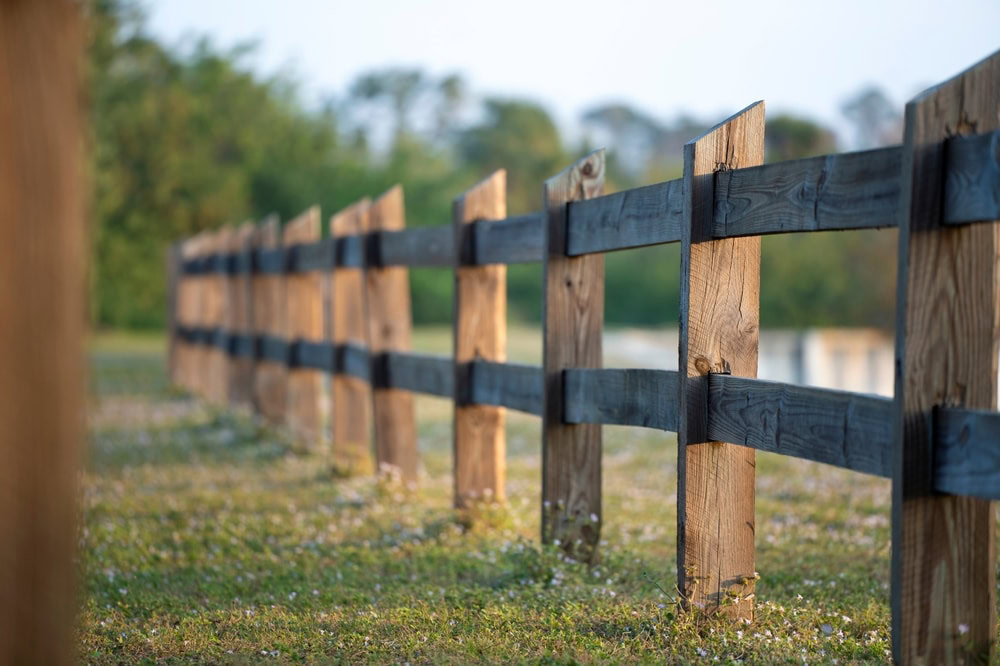
Field Fencing Standards Davidson County, TN
Key Considerations For Farm Fencing
When choosing farm fencing, weigh the type of animals you’re containing, the terrain, and the climate. For instance, high-tensile wire fencing is optimal for cattle, while woven wire suits smaller livestock. The soil type also dictates post placement and depth, influencing the fence’s stability. We evaluate your specific needs before suggesting and installing the appropriate fencing option. Correct installation is essential. Posts set at the right depth and spacing withstand pressure from livestock and weather.
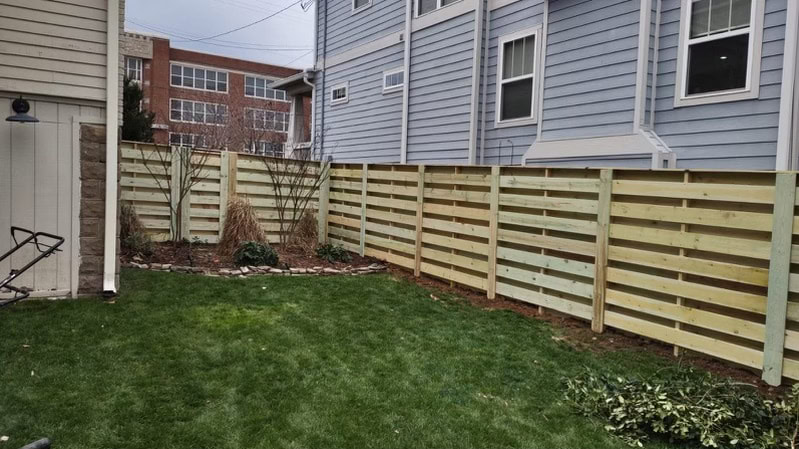
Fencing Installation Processes Williamson County, TN
Our Process For Farm Fence Installation
Tic Tac Tasks starts with a site evaluation to determine the best fencing layout and materials. We use post drivers to set posts firmly, followed by precise wire or panel attachment. This method yields a strong, enduring fence. We attend to details like gate placement and tensioning the wire to prevent sagging. The fencing remains stalwart, holding strong against livestock and weather.
Fence Project Workflow Davidson County, TN
Our Straightforward Fencing Process
01
Site Assessment
We inspect the land to plan the best fence design and materials.
02
Material Selection
We choose the right fencing materials based on your needs and budget.
03
Fence Installation
We install the fence using proven techniques for stability and longevity.
Frequently Asked Questions
What type of fencing is best for horses?
For horse fencing, Tic Tac Tasks recommends sturdy, safe options like wood rail fences or vinyl fences designed for livestock. These fences provide visibility to horses, reducing injury risk, and are strong enough to contain them securely. Wood rail fences offer a natural look and can be customized, while vinyl fences require less maintenance. We help you choose and install the best fencing to keep your horses safe and your property attractive. Contact us to learn more.
How often should I replace my farm fencing?
Farm fencing lifespan depends on materials and maintenance. Wood fences typically last 15-20 years with proper care, while wire or electric fences may need replacement or repairs every 10-15 years. Tic Tac Tasks recommends regular inspections to catch damage early. Environmental factors in Davidson and Williamson counties, like weather and pests, also affect durability. Timely repairs and maintenance can extend your fence’s life significantly.
Can you install fencing on uneven terrain?
Yes, Tic Tac Tasks specializes in installing fences on uneven or sloped terrain. Our experienced team adapts fence design and post placement to accommodate changes in elevation, ensuring a secure, level, and visually appealing fence line. We use techniques like stepping or racking the fence to follow the landscape’s contours, providing both functionality and aesthetic appeal.
Do you handle gate installations?
Absolutely! Tic Tac Tasks offers professional gate installation services as part of our fencing solutions. Whether you need a standard swing gate, sliding gate, or a custom design, our team ensures precise installation for smooth operation and durability. We handle all hardware and alignment needs to complement your fence and enhance your property’s security and accessibility.
How do I prepare my land for fence installation?
Before installation, clear the fence line of debris, rocks, and vegetation to ensure smooth work. Mark property boundaries clearly and check for underground utilities by contacting local services. It’s helpful to level the ground as much as possible, though Tic Tac Tasks can handle uneven terrain. Proper preparation speeds up installation and helps achieve a straight, stable fence.
What materials do you use for post setting?
Tic Tac Tasks uses high-quality materials like concrete to set fence posts securely, ensuring long-lasting stability. Depending on soil type and fence design, we may also use gravel for drainage beneath the posts to prevent water damage. Proper post setting with durable materials helps maintain fence strength and prevents shifting or leaning over time.
Trusted By







